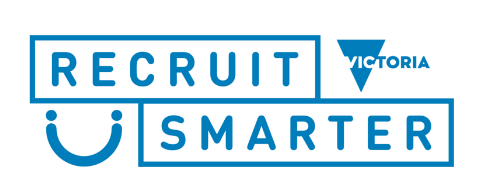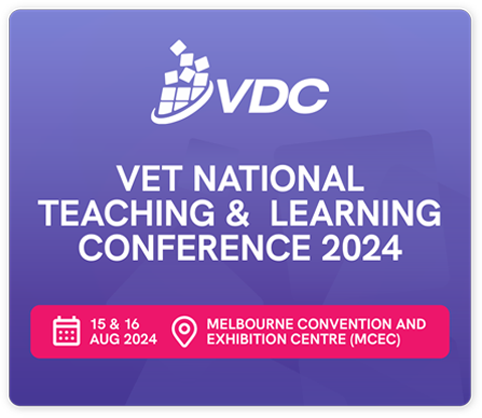Prejudice is a conscious choice. Unconscious bias is… well, unconscious.
Both can have the same influence on employment outcomes. For our graduates, unconscious bias can be another hurdle to getting a job that is unrelated to their skills and knowledge, or to the quality of their training program. New tools for getting around the unconscious bias obstacle are emerging. Eventually, graduates, teachers and student support staff will be able to rely on tested and effective approaches like those trialled through the Victorian Government’s Recruit Smarter initiative, launched in May 2016.
Who is walking across the road?
You may have noticed that on International Women’s Day, female silhouettes found their way on to pedestrian crossing lights in Melbourne’s CBD. There are only eight such silhouettes – the thousands of others around Melbourne and Australia are all male. Women have always crossed the road just as men have, so there’s likely to be a reason why males figure as ‘the’ unquestioned symbolic pedestrian.
That reason is known as unconscious bias – a view we hold of other groups of people that influences the way we think about them. One such social stereotype is that men are more influential than women, or more important, or have more authority, or are somehow more representative of society as a whole. These kinds of views are reflected in things like the gender pay gap, or low proportions of women in senior management roles. One way to tackle that stereotype is to challenge it in small ways that people notice. Like at the pedestrian crossing. After a while, the more inclusive view settles in.
Unconscious bias and recruitment outcomes
But there are reasons to challenge the stereotypes more explicitly. One of them is that unconscious bias influences the outcomes of recruitment actions for a range of groups – women, migrants, those who have disabilities, older people. It can exclude people in those groups from consideration for a position. That’s one way unconscious bias operates.
Another impact is that it unfairly favours those we have an affinity with. We’re often more likely to select people for a position because they are more like us – males choosing males who have been to university, even though gender and university are not essential attributes for the job.
Recruit Smarter deals with unconscious bias. As this SBS report explains, Recruit Smarter is testing the impact of making
‘parts of an applicant’s CV anonymous. The 18-month pilot will assess which personal details – including name, gender, age and location – should be de-identified during the application process.’
By removing those identifiers, the immediate influence of unconscious bias on recruitment decisions is removed.
Recruit Smarter partners
Participants in the Recruit Smarter initiative include Australian Industry Group, Australian Workers Union, United Energy and Multinet Gas, Westpac and DOW Chemical Company. A more complete list is available on the Centre for Ethical Leadership (CEL) website.
CEL is responsible for evaluating the initiative. Assuming the findings are positive, we could expect to see more employers take similar approaches to unconscious bias in recruitment. That will be a benefit to our graduates and to out multicultural society at large.








